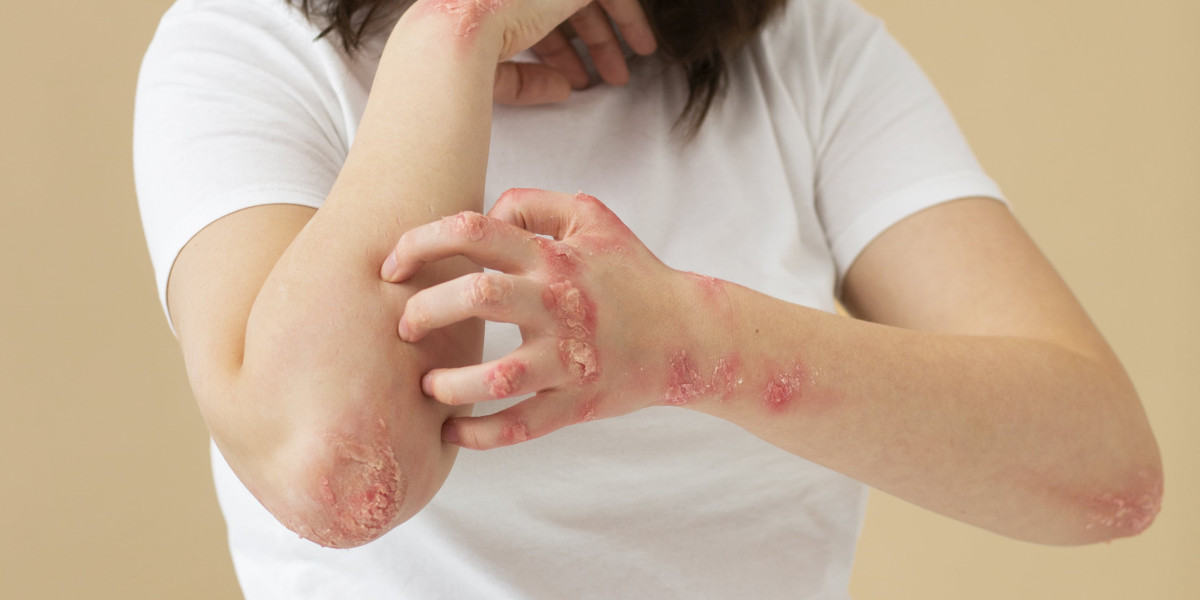Ivercor 6 mg is a widely trusted antiparasitic medication used to treat various parasitic infections in the body. Its effectiveness, safety profile, and long-standing clinical use have made it a go-to choice in managing conditions caused by parasites such as intestinal worms, scabies, and certain forms of filariasis. This blog provides an in-depth look into what Ivercor 6 mg is, how it works, what it treats, dosage recommendations, side effects, and more.
What is Ivercor 6 mg?
Ivercor 6 mg contains Ivermectin, an antiparasitic agent that has been used globally for decades. It belongs to a class of medications known as anthelmintics, which work by paralyzing and killing parasites that live in or on the human body.
Ivermectin is on the World Health Organization’s List of Essential Medicines, emphasizing its critical role in public health.
How Ivercor 6 mg Works
Ivermectin in Ivercor 6 mg works by:
Interfering with nerve and muscle function of the parasite, leading to paralysis.
It increases the release of inhibitory neurotransmitters like glutamate.
This disrupts the parasite’s normal activity, eventually killing it.
Importantly, Ivercor does not cross the blood-brain barrier in humans, which makes it a safe option when used correctly.
Conditions Treated with Ivercor 6 mg
1. Intestinal Strongyloidiasis
Caused by the roundworm Strongyloides stercoralis, this infection affects the intestines and can become life-threatening in immunocompromised individuals.
2. Onchocerciasis (River Blindness)
This parasitic disease, caused by Onchocerca volvulus, can lead to severe itching, skin disfiguration, and blindness. Ivercor is effective in reducing the number of microfilariae (larval stage) in the skin and eyes.
3. Scabies
Scabies is a skin condition caused by the Sarcoptes scabiei mite. Ivercor 6 mg helps kill the mites and reduce itching and inflammation.
4. Lymphatic Filariasis
Also known as elephantiasis, this condition causes swelling of limbs due to filarial worm infection. Ivercor is part of mass drug administration programs in endemic regions.
5. Other Off-Label Uses
Ivermectin has also been explored for treating lice, rosacea (in cream form), and even certain viral infections under medical supervision.
Dosage and Administration
Always follow your doctor’s prescription. The typical oral dose of Ivercor 6 mg varies based on the condition:
| Condition | Typical Dose | Frequency |
|---|---|---|
| Strongyloidiasis | 200 mcg/kg (usually one dose) | May repeat after 2 weeks |
| Onchocerciasis | 150 mcg/kg | Every 6-12 months |
| Scabies | 200 mcg/kg | Once, then repeat after 7-14 days |
| Filariasis | Single dose annually (mass programs) | Under public health guidance |
Take on an empty stomach with water.
Dosing by body weight ensures optimal results.
In cases of persistent infection, a follow-up dose might be necessary.
Side Effects of Ivercor 6 mg
Most users tolerate Ivercor well. However, some may experience:
Common Side Effects:
Dizziness
Nausea
Headache
Diarrhea
Muscle pain
Rare But Serious Reactions:
Severe skin rash
Low blood pressure
Vision disturbances
Seizures (extremely rare)
People treated for onchocerciasis may develop the Mazzotti reaction, a set of symptoms (fever, rash, joint pain) caused by the body’s immune response to dying parasites. This reaction usually resolves on its own.
Who Should Avoid Ivercor 6 mg?
You should not take Ivercor without medical supervision if:
You are pregnant or breastfeeding
You have liver disease
You are taking certain medications (e.g., warfarin)
You have a weakened immune system
Children under 15 kg body weight or under 5 years of age should avoid this medication unless prescribed by a pediatric specialist.
Drug Interactions
Let your doctor know if you're taking:
Blood thinners (e.g., warfarin)
Antifungal drugs (e.g., ketoconazole)
Anti-seizure medications (e.g., valproic acid)
Other antiparasitic agents
Combining Ivercor with certain drugs may increase the risk of side effects or reduce effectiveness.
Storage Instructions
Store at room temperature (below 25°C)
Keep away from sunlight and moisture
Keep out of reach of children and pets
Frequently Asked Questions
Q: Can I take Ivercor 6 mg with food?
It is best taken on an empty stomach, at least 1 hour before or 2 hours after a meal.
Q: How quickly does Ivercor 6 mg work?
Some symptoms (like itching from scabies) improve within a few days, while others (like worm infections) may take a few weeks for complete resolution.
Q: Is Ivercor 6 mg safe for repeated use?
Yes, under medical supervision. In chronic conditions or reinfection, repeat dosing may be necessary.
Conclusion: Why Ivercor 6 mg Remains a Trusted Option
Ivercor 6 mg has stood the test of time as one of the most reliable, effective, and affordable antiparasitic medications on the market. Whether treating scabies outbreaks or managing long-term filariasis programs, its proven results continue to support public health worldwide.
If you're dealing with a parasitic infection or live in a high-risk region, consult your healthcare provider about whether Ivercor 6 mg is right for you.








